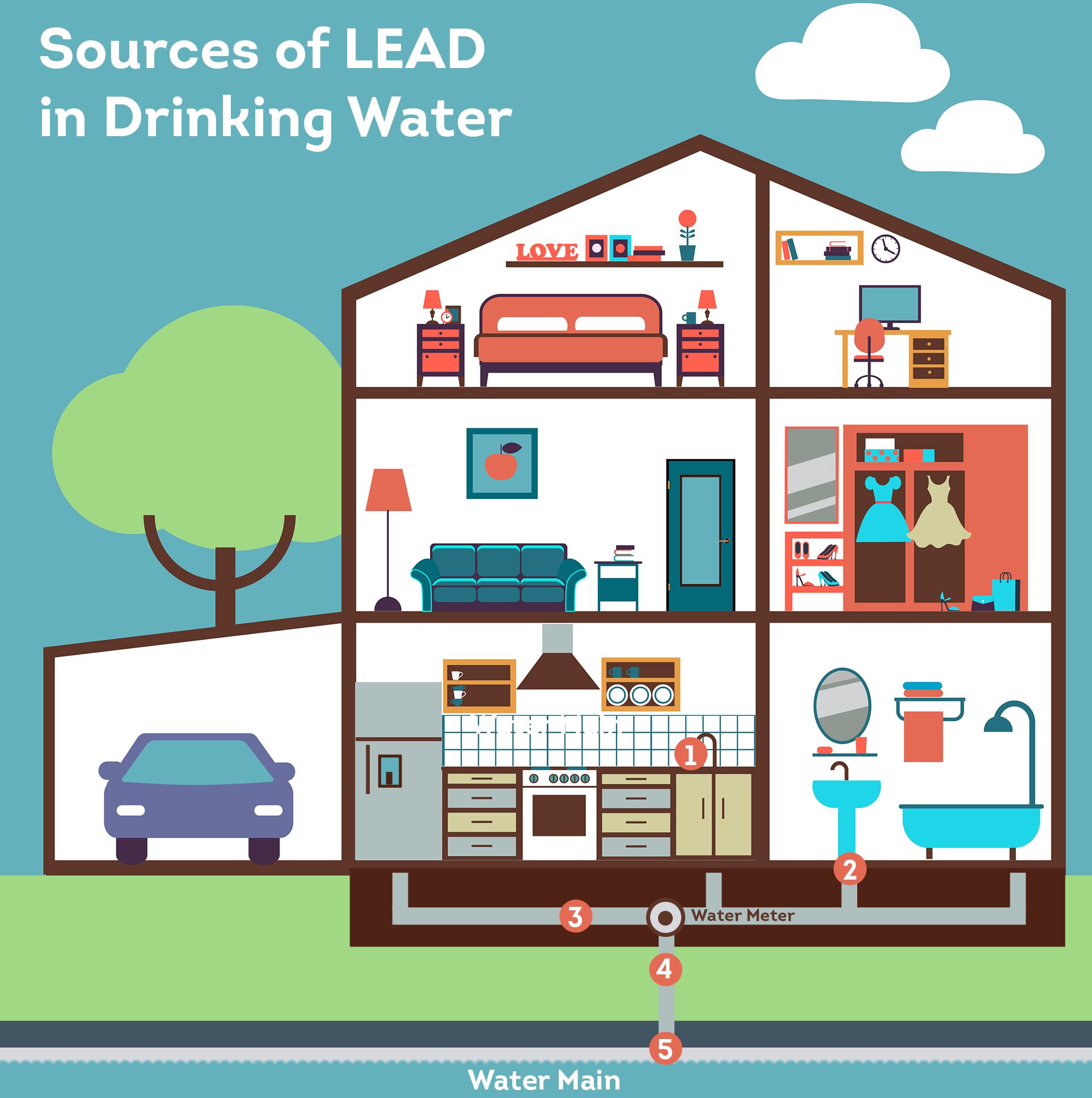Water Department
Water and Sewer Monthly Rates as of July 1, 2025
Biling | FY 24/25 |
|---|---|
Bill Charge | $ 1.00 |
CIP Bond: | $10.70 |
Minimum Bill Water | $20.63 |
Minimum Bill Sewer | $37.43 |
Things to Keep in Mind Regarding Your Monthly Bill
The City of Lathrup Village has a minimum bill based on four (4) units of water. The total cost of these four units is based on the size of your water meter.
Considering the processing plant cannot measure raw sewage, the cost of such is based on the number of units of water consumed. Your sewer charge will always be more than the water due to the extensive treatment process.
Never worry about a late payment again. Sign up for ACH today!
Scheduling a Water Shut-Off
If you need your water turned off please call the Water Department at 248-557-2600 ext. 277 to schedule an appointment 48 hours in advance. The Water Department is open M - F 8:00 a.m. - 4:30 p.m. Try to work with your plumber to schedule a time so you won't be without water all day.
Emergency Water Shut-Off
If there is an emergency need to turn the water off please call the Water Department at 248-557-2600 during regular business hours M-F 8:00-4:30 p.m. and dispatch 911 at any other time. The Department of Public Service will be dispatched as soon as possible to turn the water off.
If you need to pull a permit related to water & sewer work, we recommend reviewing the permit checklist before submitting anything to City Hall.
Lead Testing
Please take the time to read the City of Lathrup Village's public advisory and review the resources on this page carefully. It will provide context and understanding concerning Lathrup Village's test results as they relate to lead levels in the water. It will also outline actions that you can take as well as steps the city will be taking. You will also find links to several resources from the State of Michigan and Oakland County.
Click On the Link:: Information Packet on Reducing Potential Lead Exposure

Common Sources of Lead in Drinking Water
Concerned about lead in your water? Here are the common sources of lead in your drinking water:
Faucets: Fixtures and fittings inside your home contain varying lead content depending on the age of the fixture.
Copper Pipe with Lead Solder: Solder made or installed before 1969 contained high lead levels.
Galvanized Pipe: Lead particles can attach to the surface of galvanized pipe and service lines. Over time, the particles can enter your drinking water, causing elevated lead levels.
Lead Service Line: A service line is a piece of pipe that connects and delivers water from the city’s water main under the street to your home. In older homes (typically those built before the 1950s) this connection can be a lead pipe. If you have a service line that is made of lead, you have an increased risk of having elevated levels of lead in your drinking water. The decision to use a lead pipe at the time the house was constructed was based on the plumber’s decision of that time. It was not based on the location or district that the home was in. National Public Radio (NPR) has developed a website that allows you to determine whether your drinking water is at risk in a few simple steps.
Lead Goosenecks: Goosenecks and pigtails are shorter lead pipes that connect the lead, copper or galvanized service lines to the water main.
